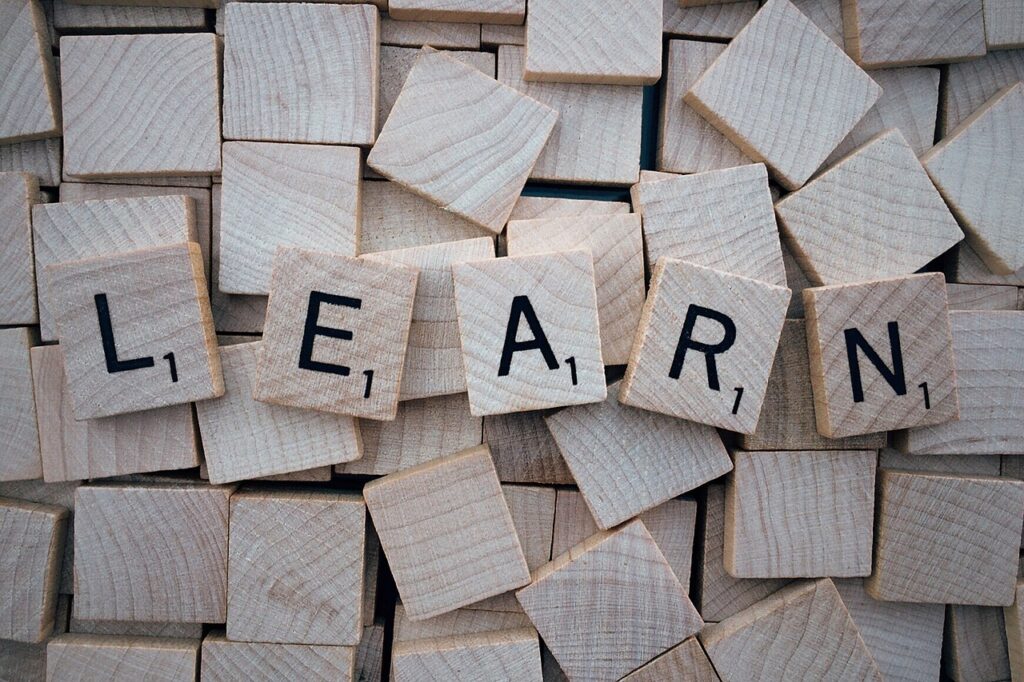Let’s be honest. Most of us swear we’ll “learn something new” while traveling—maybe a bit of Spanish, maybe the difference between Rioja and Ribera wines, maybe just how to read a local bus timetable without breaking into a cold sweat. But then tapas happen. And beach naps. And 14 hours vanish in a sun lotion blur.
Here’s a better idea: don’t pressure yourself to study—just turn the trip into the lesson. Spain is ridiculous in all the right ways. So if you’re water park-hopping or coastal-roaming, here’s how to sneak in learning without making it feel like effort.
1. Treat Water Parks Like Field Research
Every water park has its own rhythm. People-watching? That’s anthropology. Reading signs in different languages? Multilingual literacy. Getting hopelessly lost in the locker area and reverse-engineering your escape? Spatial intelligence at its peak.
You’re not just playing. You’re observing. You’re decoding the system. You’re basically a travel ethnographer with a soggy wristband.
2. Get Curious About the Infrastructure
Ever noticed how different the queue systems are between parks? Or how some lazy rivers have current jets in weird places? Ask someone. Watch how things flow (or don’t). That’s design thinking. And if you’re dragging your kids around, let them spot how things are built or how rules vary by place. Sneaky learning: activated.
3. Keep a Daily ‘What the Hell Was That?’ Log
This isn’t a journal. It’s a place to record all the things you don’t understand—then maybe look them up later. Weird food. Strange social etiquette. That guy with three whistles who wouldn’t let you into the slide for five minutes and you still don’t know why.
Every mystery is a potential rabbit hole. And rabbit holes = learning.
4. Let Kids Be Tour Guides for a Day
If you’re traveling with kids, flip the roles. Give them a map and let them plan the day. Research water parks, compare ticket prices, plot routes. If they mess it up? Even better. That’s systems learning, cause and effect, budgeting, geography—all in one.
Plus, it makes them less bored and way more invested in what’s happening around them.
5. Get Lost On Purpose
Seriously. Wander without GPS. Read signs, follow instincts, ask questions. You’ll learn more from trying to find the changing rooms in a rural water park than you would from three hours on YouTube.
You remember the mistakes. You grow from the detours.
Travel doesn’t have to be passive. If you stay alert, curious, and just a little bit reckless, you’ll come home with more than a tan and some blurry selfies.
Learn through chaos. Learn through fun. Just don’t call it studying.
That’s how it sticks.


